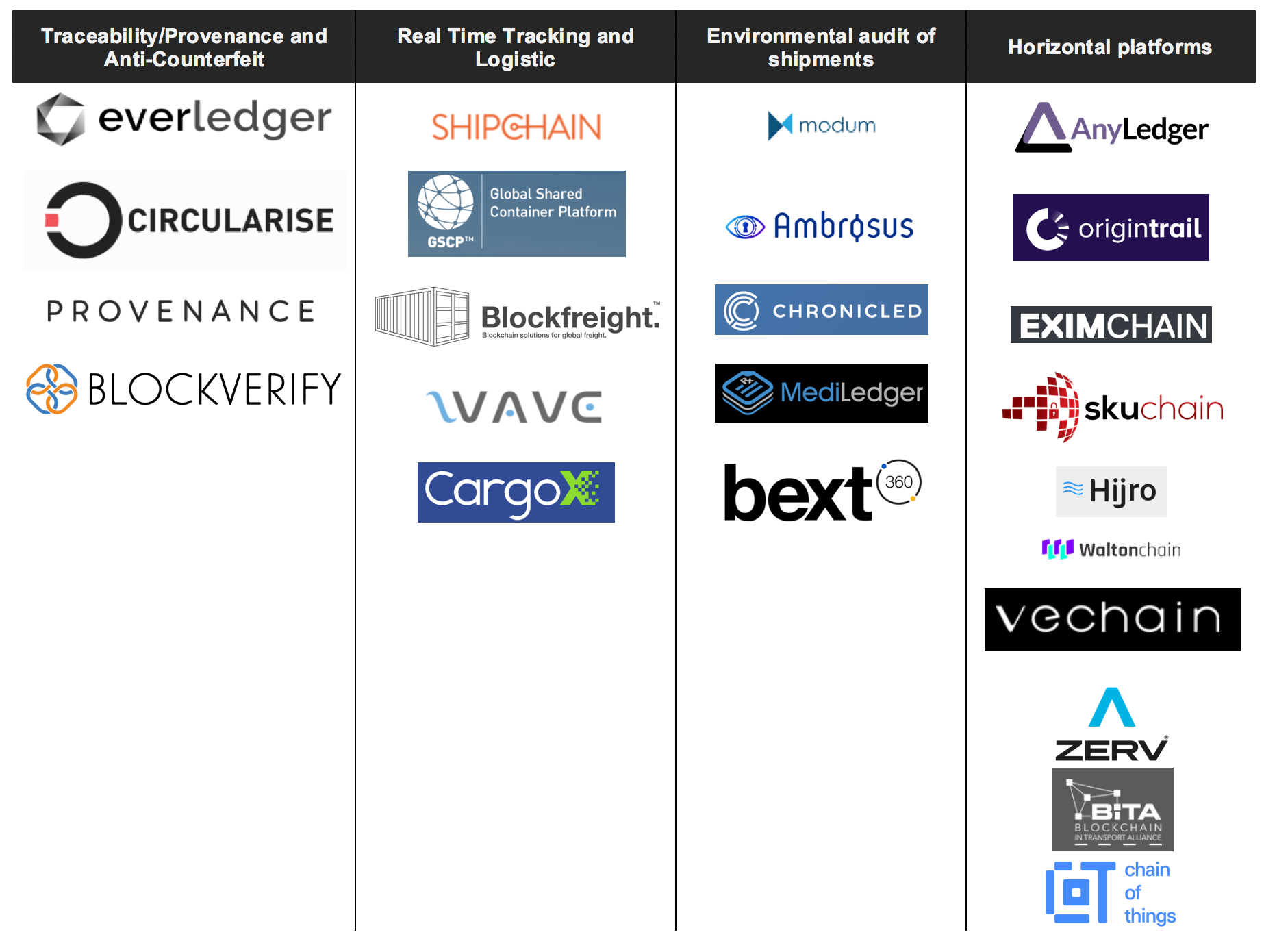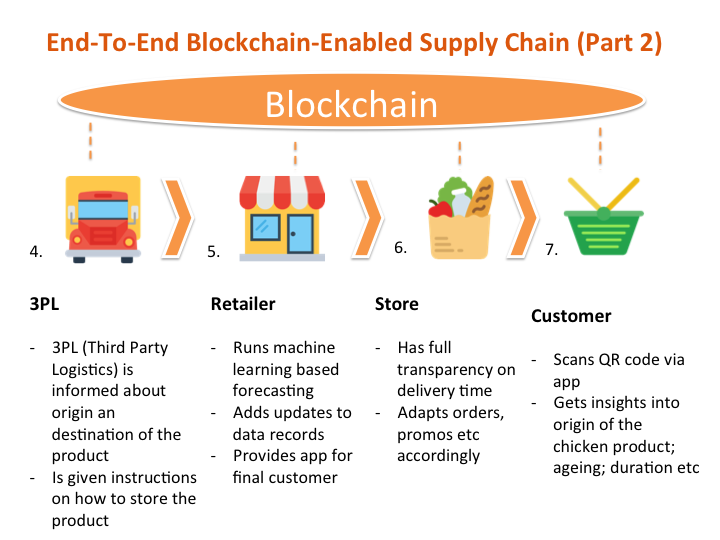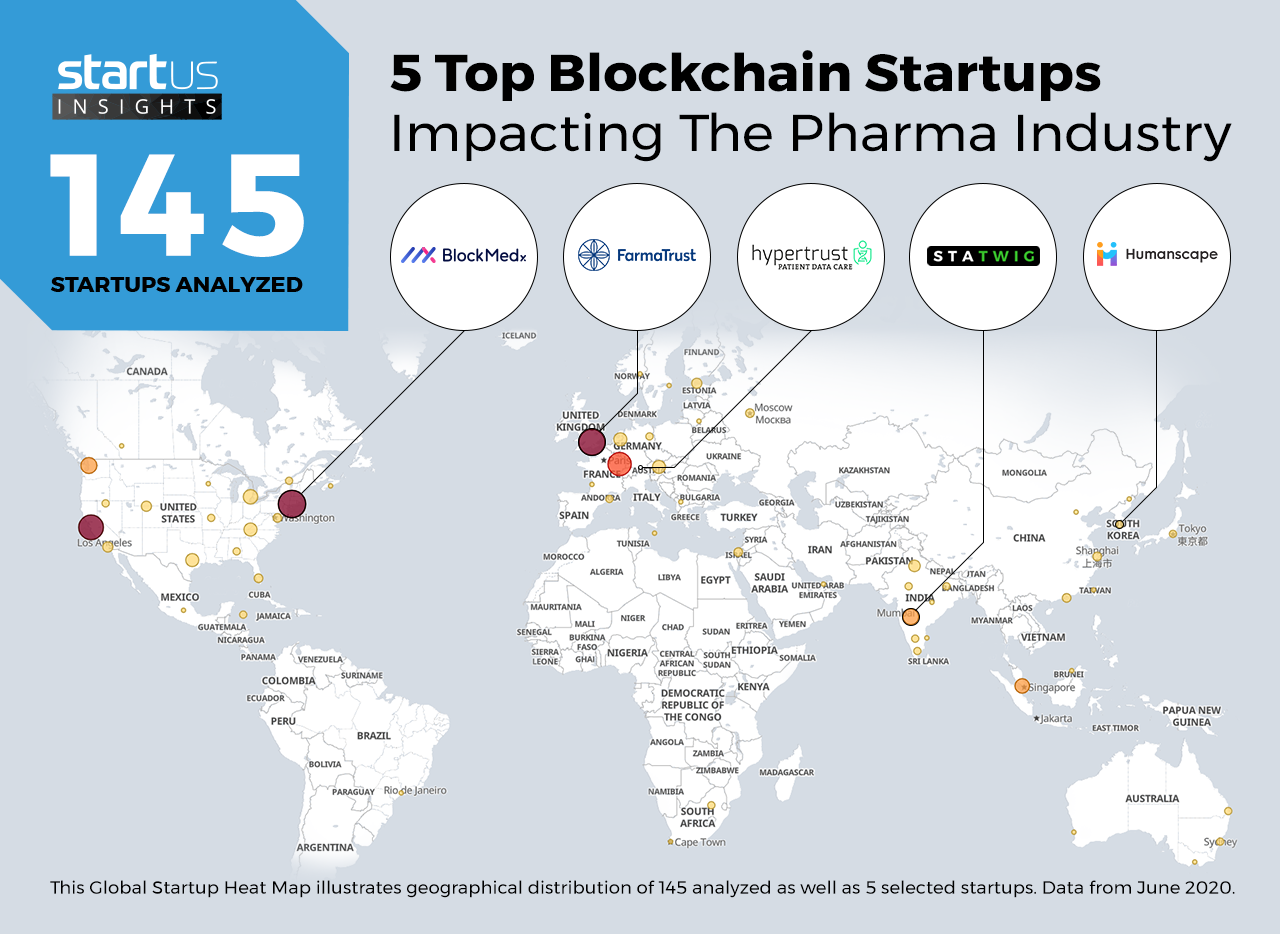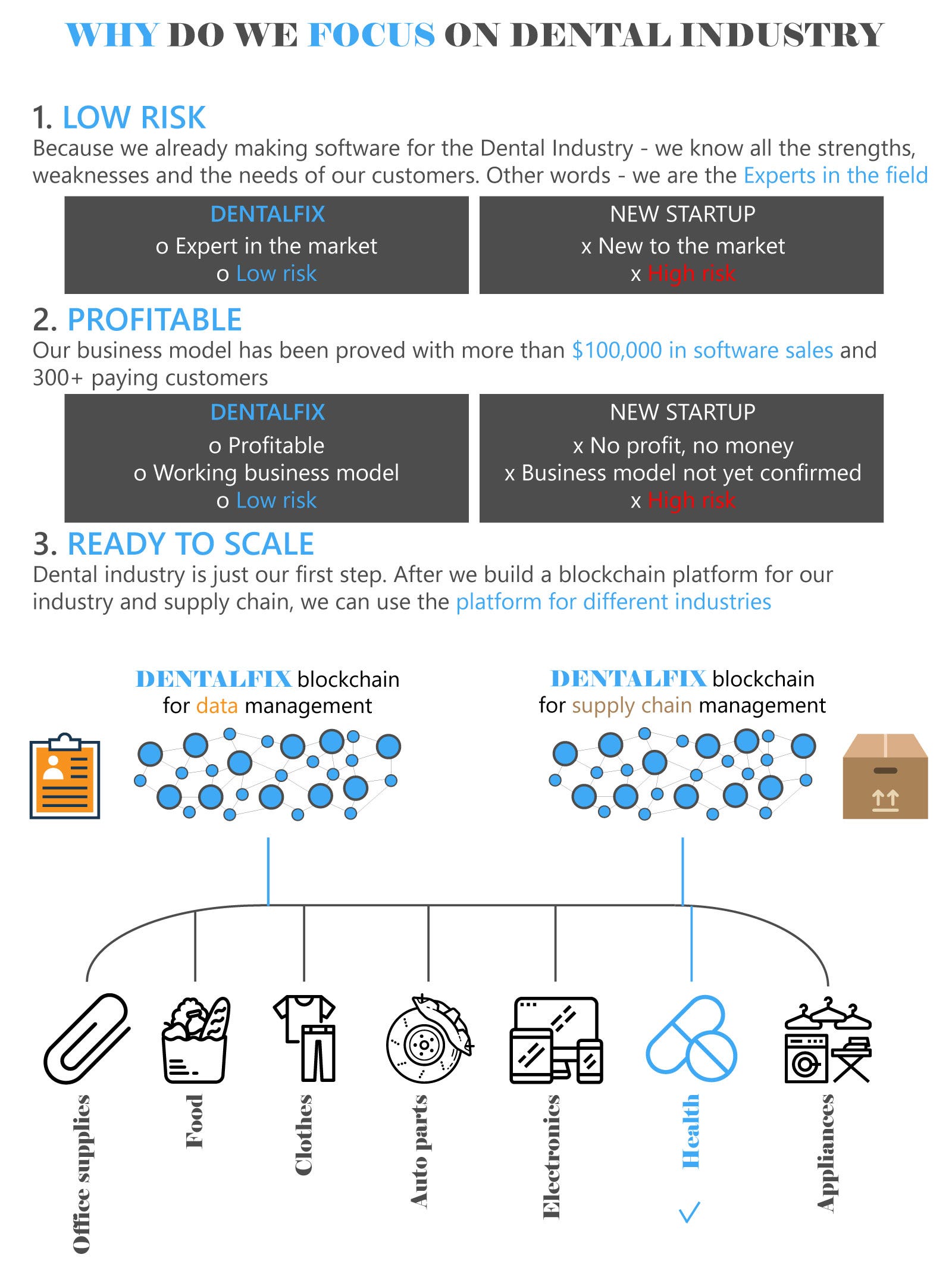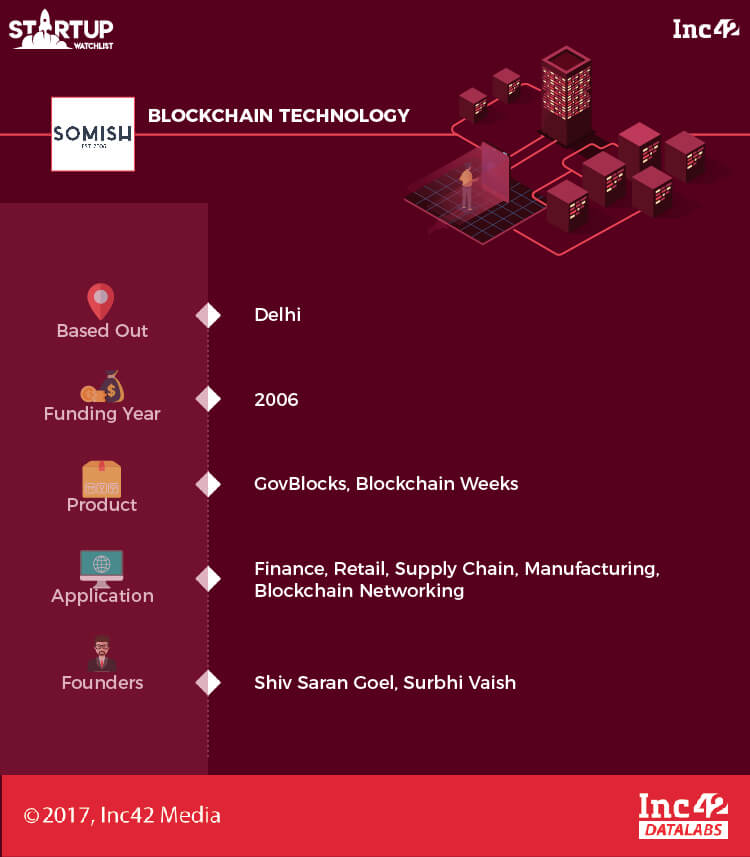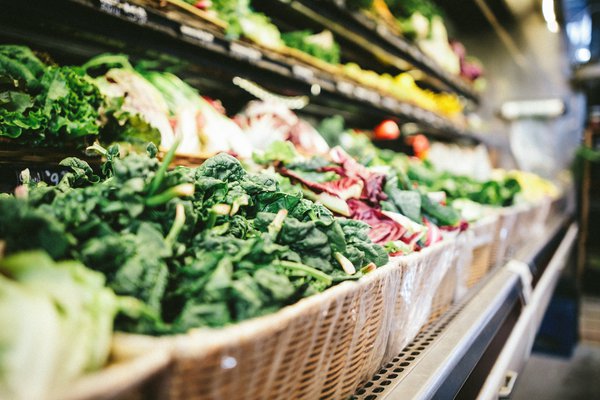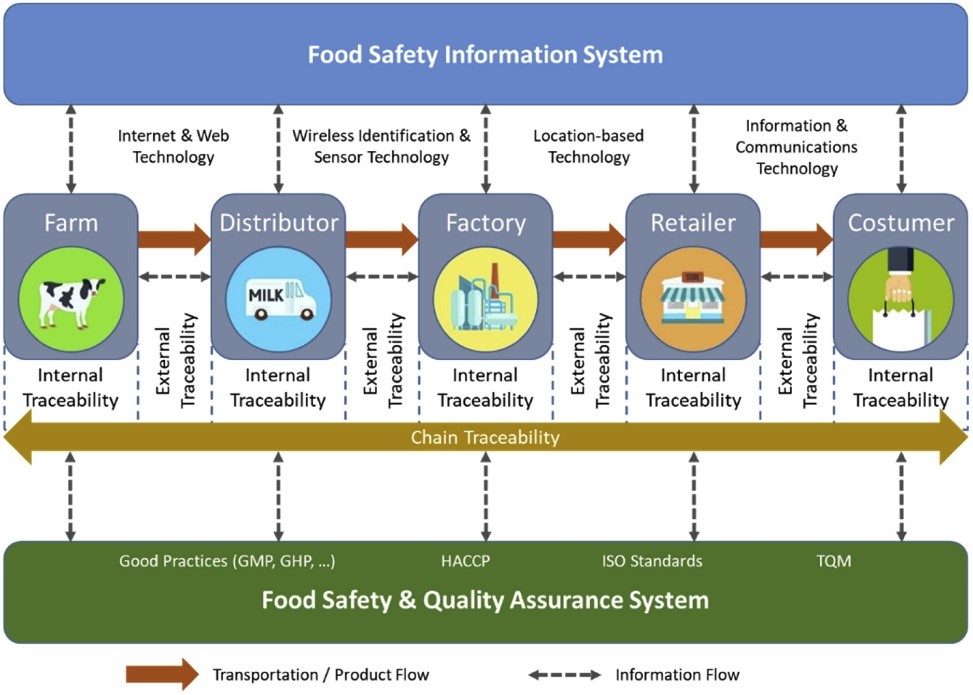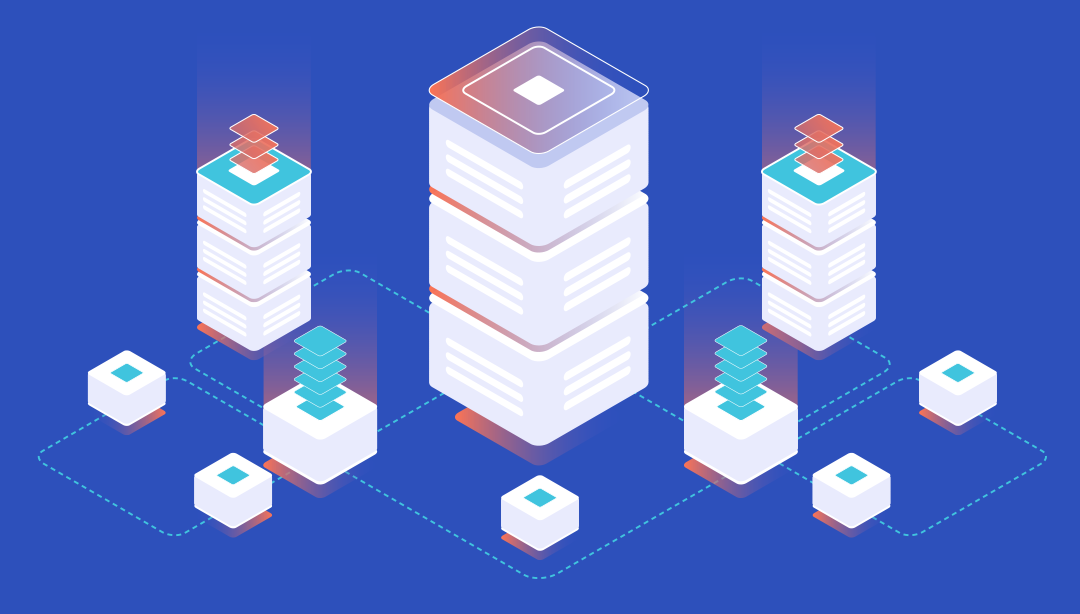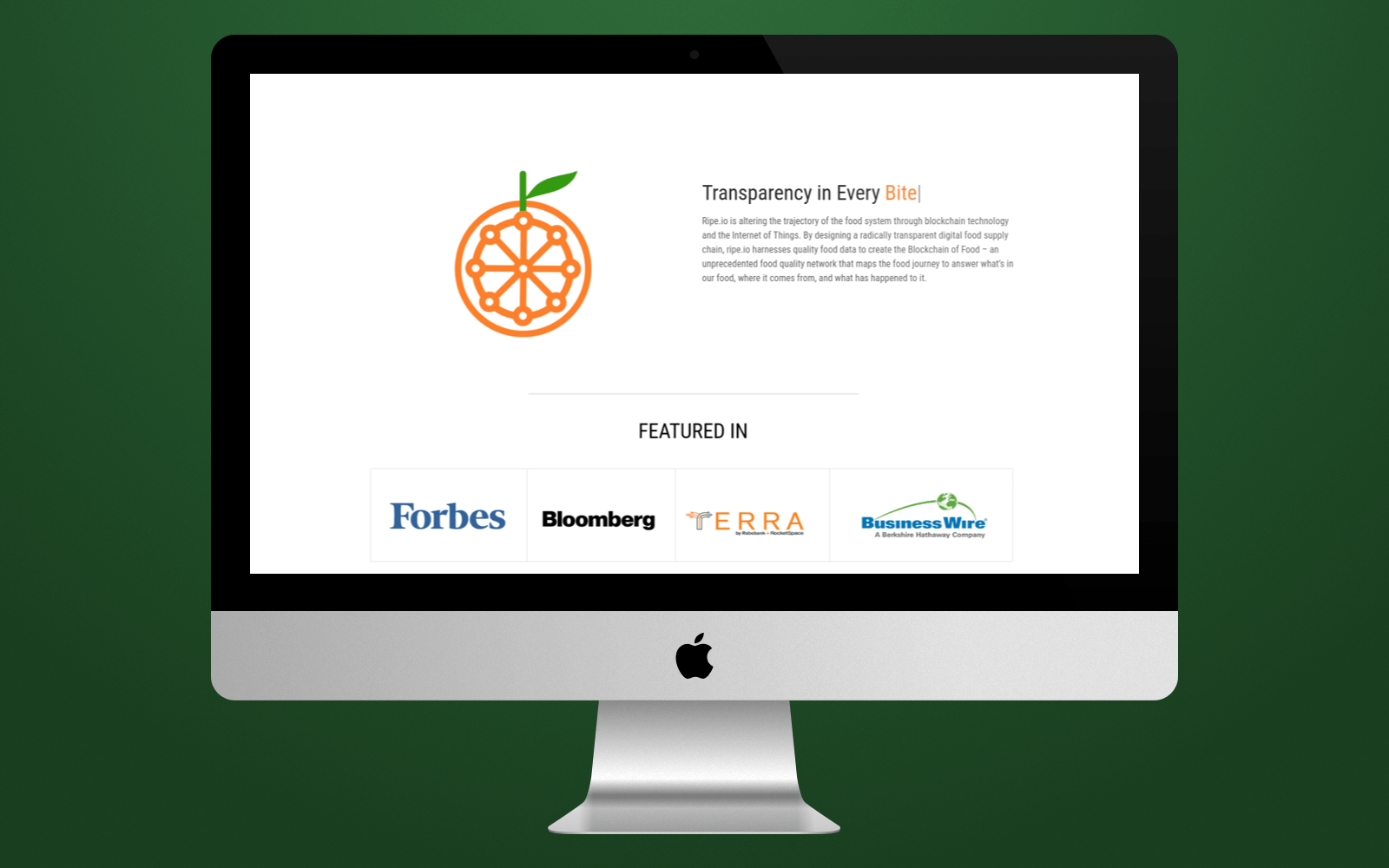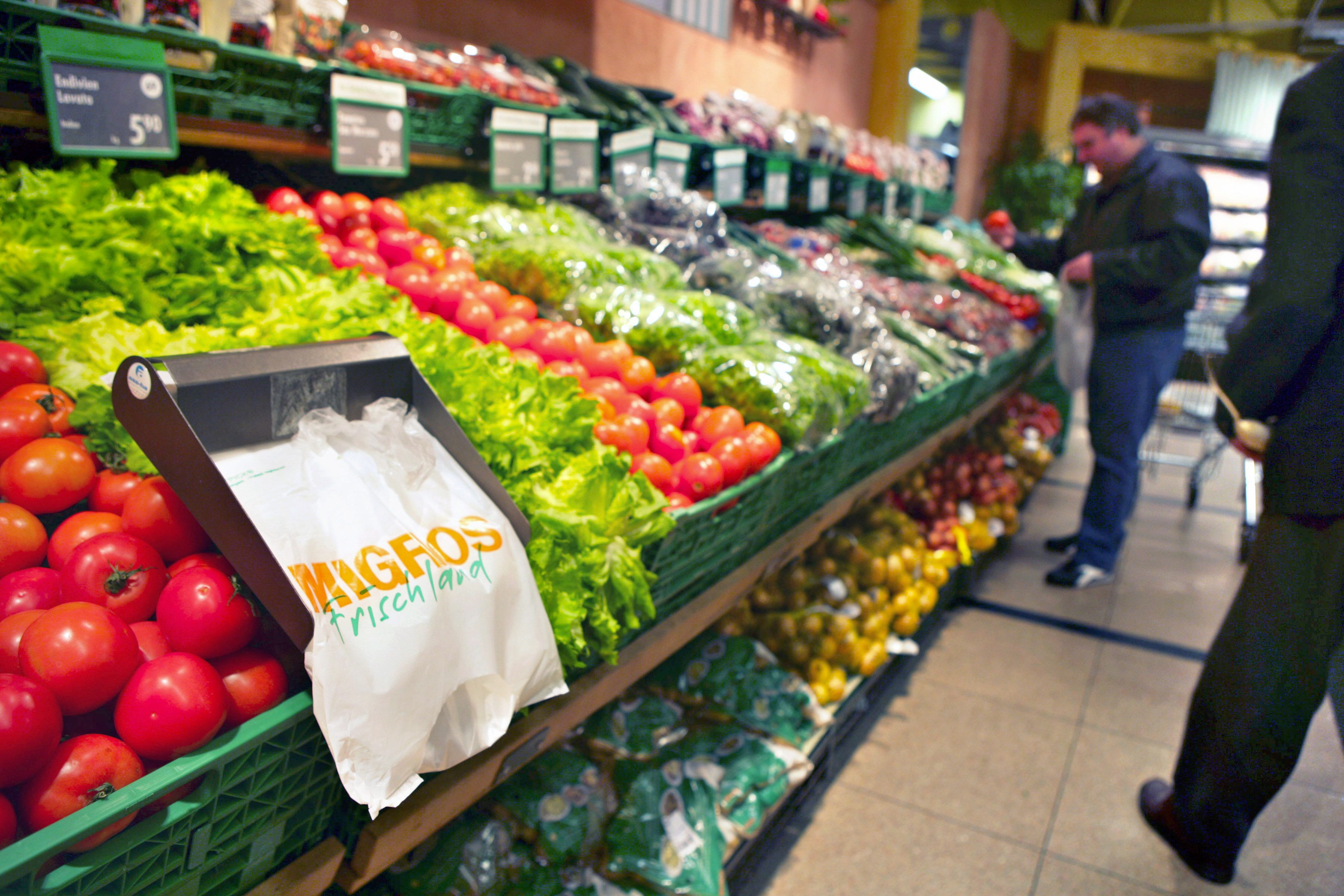Blockchain Food Supply Chain Startups
Audit of food supply chain with connecting food.
Blockchain food supply chain startups. The startup claims to have 1300 users and has verified a 360 million 276m in grower payments since 2016. Let s have a closer look at the latest supply chain startups. In this article we are going to take a closer look to address these concerns and how blockchain could make a positive impact on the food ecosystem. Corporate to scrappy startups jacob yoss the general public may still associate the term blockchain with bitcoin but members of the crypto space know that the technology has far more applications.
Te food applies identification tools to livestock transports and fresh food packages to follow the items throughout the whole supply chain. Connecting food provides digital solutions to create transparency in the food supply chain from farm to fork with several major european grocery retailers and food brands as customers. Blockchain s capability of tracking ownership records and tamper resistance can be used to solve urgent issues such as food fraud safety recalls supply chain inefficiency and food traceability in the current food system. Top supply chain blockchain projects for 2019.
How blockchain startups transform the supply chain sector. Blockchain technology is able to revolutionize the agricultural sector. It provides transparency traceability and secure data storage while decreasing expenses. Agridigital applies blockchain to supply chain finance automating the link between payment and physical delivery of goods at multiple points in the supply chain.
It allows tracking the origin of food and thus helps to create reliable food supply chains and strengthen at the same time trust between producers and consumers. Our team of innovation analysts conducted thorough and extensive research on the potential of blockchain in the supply chain industry encompassing over 800 startups working in the field. Food fraud due to the complicated global food supply chain system tampering misrepresentation or deliberate substitution has grown significantly as per the report submitted by nsf the food fraud costs the food industry around 49 billion globally each year the most affected food categories include milk and its products tea and coffee fruit juices olive oil maple syrup seafood honey. Harnessing blockchain technology we take a look at the innovative startups are redesigning the agricultural landscape from enhancing global traceability easing international transactions to providing crop insurance and optimizing the food chain.

